
Deep Thinking
Where Machine Intelligence Ends and Human Creativity Begins
Recommendation
In a famous chess match in 1996, and a subsequent, infamous rematch in 1997, world champion Garry Kasparov played against IBM’s Deep Blue, the most advanced chess-playing computer of its time. Kasparov came to understand how machines, which use deductive logic, “think” differently than people, who use inductive logic. Until artificial intelligence (AI) research gained sufficient data and processing speed, engineers focused on “brute force” search methods. This method works with a game such as chess, which follows strict rules to achieve a clear goal. Twenty years later, with the help of AI advances, Kasparov is working to develop human-machine collaborations that aid decision-making.
Summary
About the Author
Chess champion Garry Kasparov, a senior visiting fellow at the Oxford Martin School, also wrote How Life Imitates Chess and Winter Is Coming, both in collaboration with Mig Greengard. He chaired the Human Rights Foundation and founded the Renew Democracy Initiative (RDI). He serves as a security ambassador for the software company Avast.








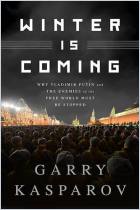
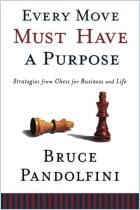
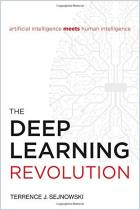
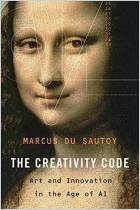
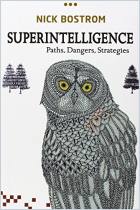
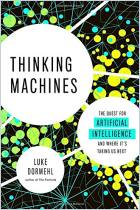
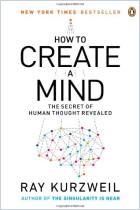
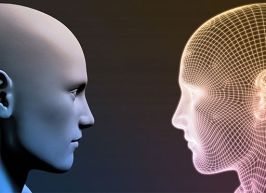




Comment on this summary or Iniciar a Discussão